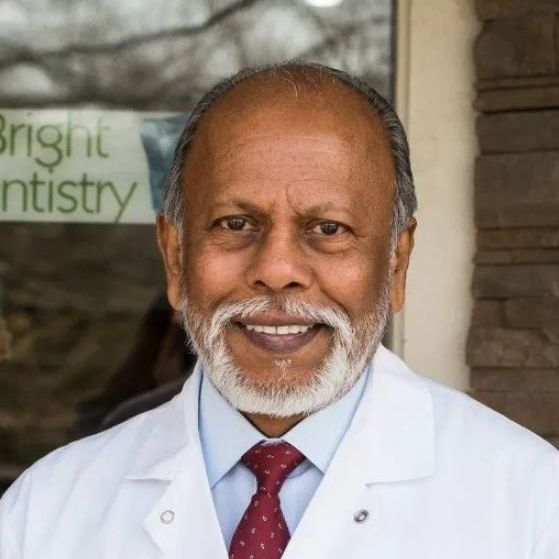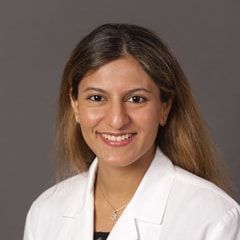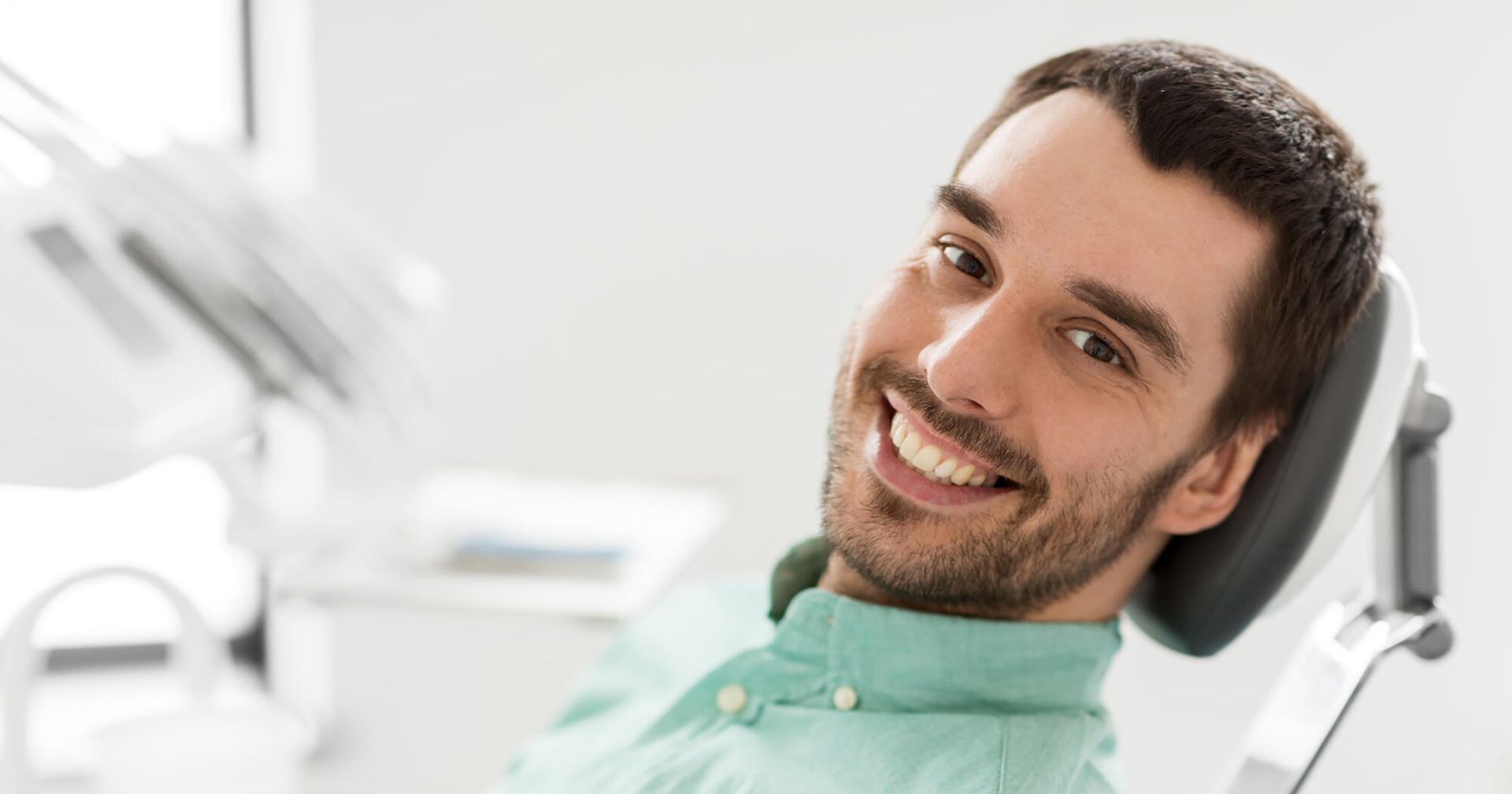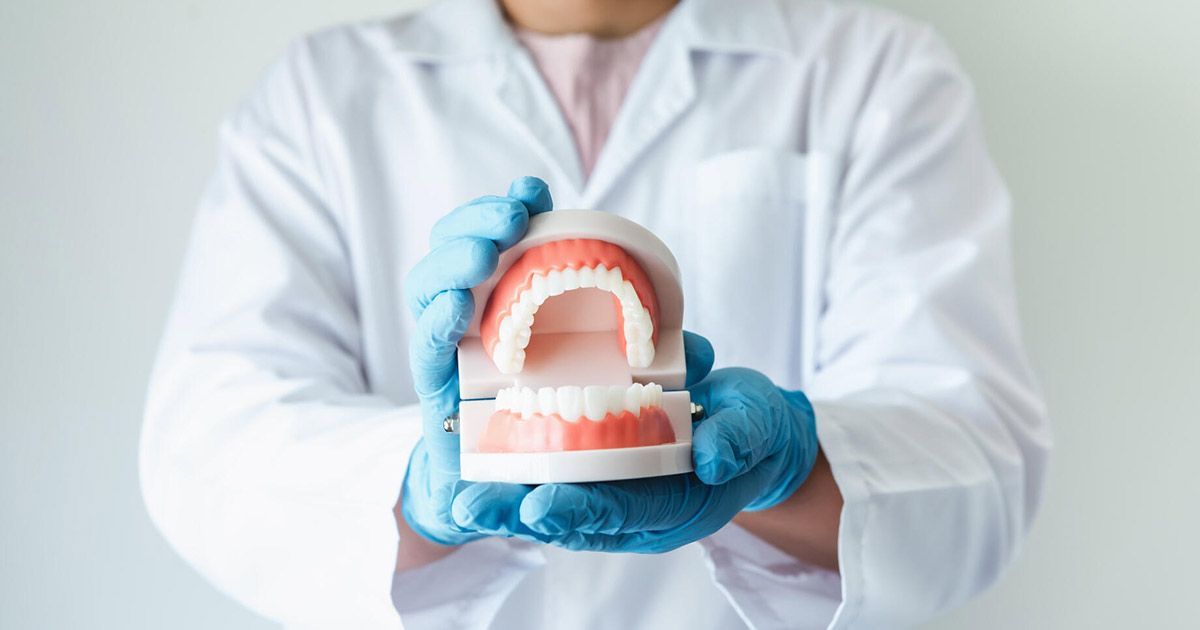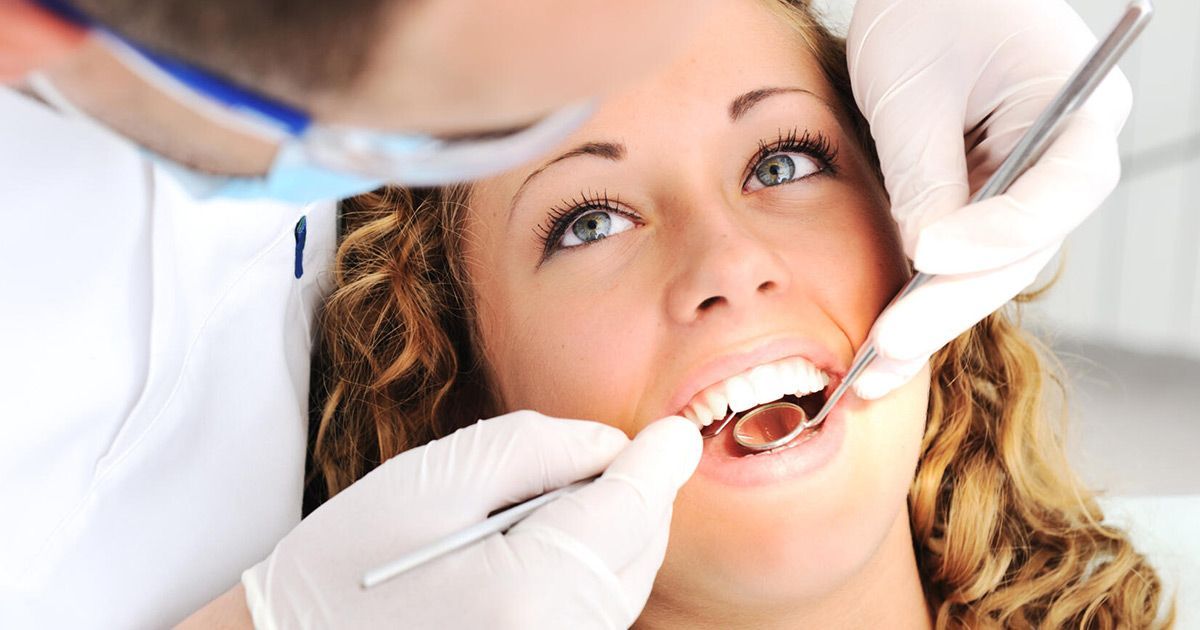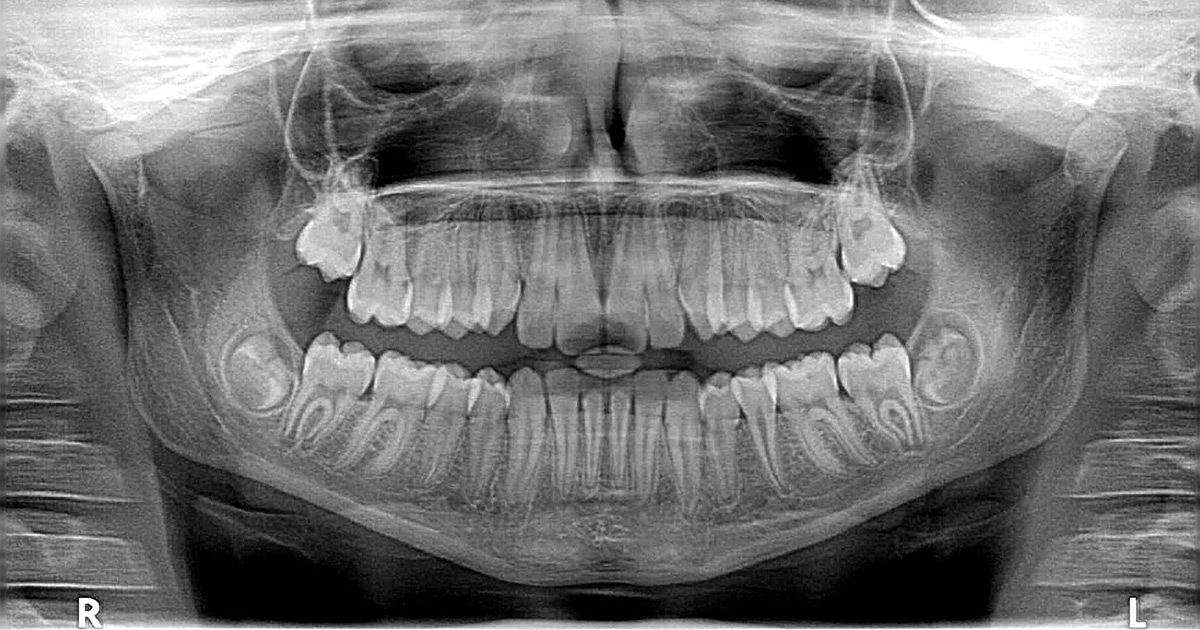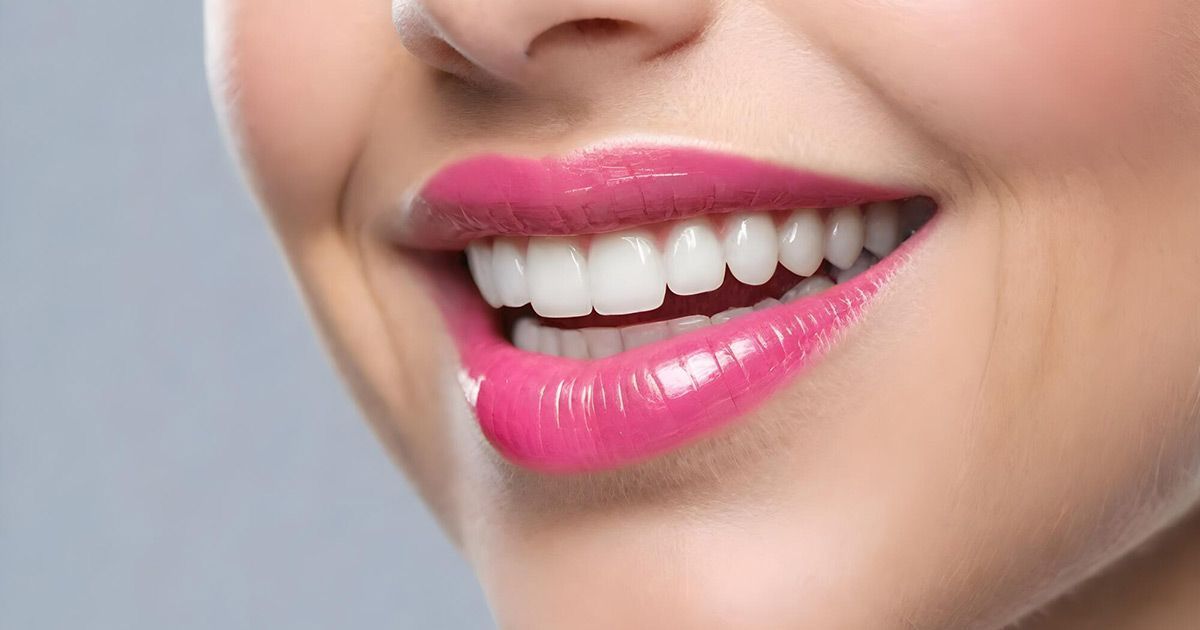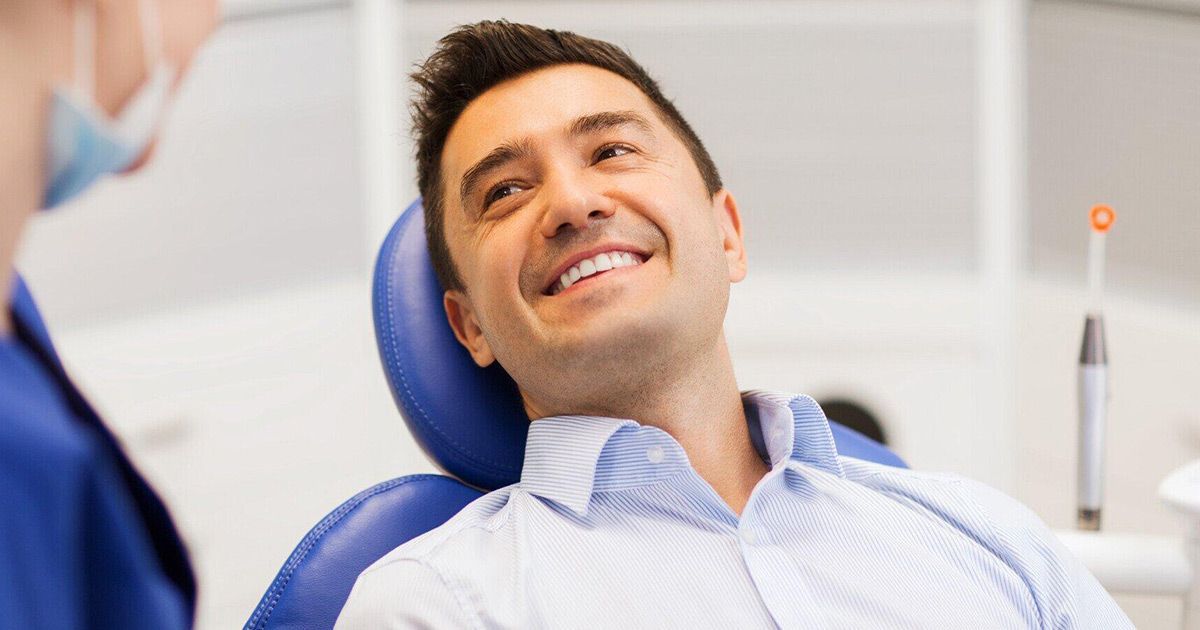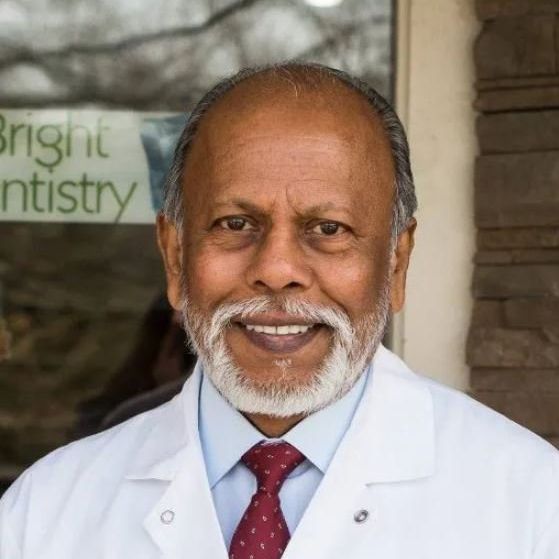Breaking Down the Problem: Why Teeth Chip and How to Stop It
Discover the various reasons behind teeth chipping and learn how to safeguard your dental health with our comprehensive guide.
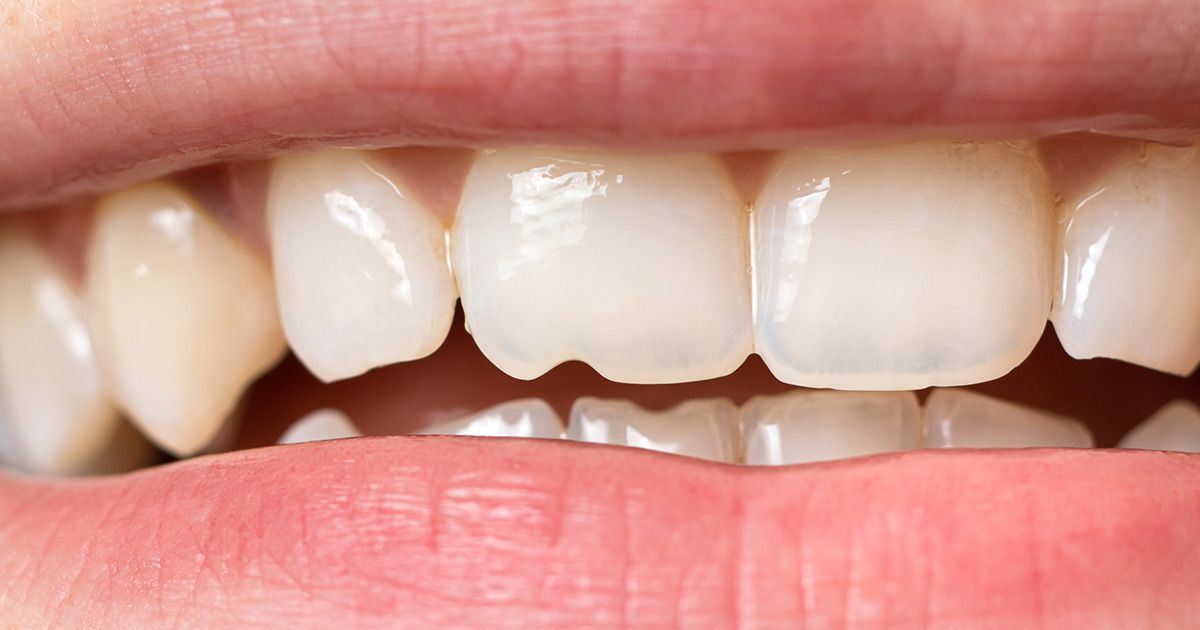
A cracked or chipped tooth may feel like a secret you don't want to share.
However, it's more common than you might think. In fact, dentists have reported a rise in patients with chipped teeth. Some blame this on pandemic-induced stress.
While stress may cause a chipped tooth, it's not the only risk you face. There are many causes. In this guide, we'll help answer one of the most pressing questions we get from patients: why teeth chipping occurs.
The Role of Tooth Enamel
Tooth enamel is your first line of defense in protecting your teeth from damage. It's the hardest part of the tooth and even denser than bone. It's the layer that protects your teeth from cavities.
However, as anyone who has had a filling will know, enamel isn't flawless at protecting the teeth from the modern diet or poor oral hygiene.
Acids and sugars can erode this surface layer. And it can't repair itself, so any substantial enamel damage is irreversible.
When you have enamel that's thin, weak, or damaged, you raise the risk of a chipped tooth. You won't have that enamel strength acting as a shield anymore.
It's vital you arrange for
regular checks with your dentist so they can check for weakened enamel. They can repair early signs of damage and lower the chance of a cracked or chipped tooth.
Diet and Chipped Teeth
What you eat plays an essential role in healthy teeth. It also shapes whether your teeth are at risk of chipping. The main problem is sugar and acid in the modern diet. Common culprits may surprise you and include:
- Full sugar or diet sodas
- Red, white, or rose wine
- Citrus fruits (which are high in acids) like oranges
- Candy, especially any chewy or sticky kinds
- Sports and fitness drinks
- Pickled foods stored in vinegar
Most of us consume these foods occasionally. But to protect your teeth, you mustn't eat them too frequently and avoid snacking between meals.
If you need to improve your diet, try to add more balance with teeth-friendly foods. That includes:
- Dairy
- Leafy greens
- Apples
- Carrots
Any food high in calcium will help strengthen the teeth. And fiber-rich foods like carrots help naturally clean the teeth and gums.
Drinking more water is the last and most valuable advice to protect your teeth. Water will help neutralize acids and is the best replacement for harmful drinks like sugary sodas.
Bruxism
Bruxism is the technical term for teeth grinding, and it's estimated to affect as many as one in three adults. However, some people may not even realize they have this problem, as many grind their teeth at night when asleep.
You may only notice when you have sensitive teeth or feel the shape of your molars has flattened.
The constant grinding and pressure put a lot of stress on the tooth, especially for those with damaged enamel.
Over time, it can weaken the teeth enough that they crack. The most severe teeth-grinding episodes could lead to a chipped tooth, even without the underlying damage.
Teeth grinding has other issues for your health. It can strain the jaw muscles and even cause you to experience headaches. If you have jaw or head pain without an underlying cause, speak to your dentist about bruxism.
Fortunately, there are simple and low-cost solutions for grinding teeth. You can wear a mouthguard at night. If stress causes the grinding, you can practice breathing and other stress management techniques.
A dentist may also check teeth alignment and suggest
orthodontic work like transparent braces. Some people grind their teeth because they have a misaligned jaw.
Age and Genetics
Some of us are genetically predisposed to problems like chipping. It's possible to inherit weaker-than-normal enamel. That makes us more vulnerable to problems later in life, like chipping.
Genetics can also impact your saliva, neutralizing acids and bacteria in your mouth. It naturally protects your teeth but works better for some people than others, depending on your genes.
Age is also a factor in the health of our teeth and the risk of chipping. Our enamel can weaken as we age, and the long-term effects of acids and sugars in our diet can start to have an impact.
It's essential to have a dentist like our team who can examine your history and offer
personalized care to help find the best prevention strategies.
Other Causes of Chipped Teeth
You can chip your teeth by eating hard foods like candy, nuts, and ice. Our teeth are typically strong enough to cope with biting down on various food textures.
However, hard foods can cause problems if you have underlying damage like weak enamel. If you worry about cracking a tooth, avoid common food culprits.
If you have a sports hobby, wearing protection like a mouth or gum guard is crucial. Contact sports are dangerous to teeth; you could accidentally crack or chip a tooth.
Always check you have the proper protective equipment for your mouth before participating in a sports game, even if it's a friendly and informal match.
Initial Steps for Cracked or Chipped Teeth
If you have a cracked or chipped tooth, you must make an emergency appointment with your dentist. Ignoring or delaying treatment for a crack or chip could make the situation worse.
The crack will expose the inner part of the tooth, so you risk decay.
There are other immediate steps you can take, too, while you wait for that emergency appointment. Rinsing your mouth with water will help cleanse the area and remove loose fragments.
If the area is bleeding, you can use gauze to help stem this. Take painkillers to relieve local pain, and applying an ice pack to the cheek could also help.
Avoid hard or chewy food until you have visited the dentist. You may also want to avoid hot or icy food as your teeth may be sensitive to temperature.
Teeth Chipping: Reducing the Risk
Good oral hygiene and regular dental visits are the best ways to prevent teeth chipping. You should also speak to your dentist if you are worried about an underlying cause like genetics or bruxism.
Are you worried about the risks of a chipped tooth? Complete this simple form to make an appointment with our expert team at Sparkle Dental.
Dr. Rohit Z Patel
D.D.S
After graduating at the top of his class, Dr. Patel continued his postgraduate studies in endodontics at Columbia University College of Dental Medicine in New York. He was appointed to assistant clinical professor of dentistry at Columbia University and later moved on to teach at the Montefiore Medical Center’s Department of Dentistry. Westchester Magazine recognized Dr. Patel as a “Top Dentist for 2012.”
Dr. Arpita Patel
D.D.S
Dr. Arpita S. Patel graduated with a DDS degree from the university College of Dentistry in 2015. Dr. Patel is experienced with an array of restorative dentistry procedures, including dental implants and many other treatments that can improve dental health, function, and appearance.
Dr. Yung Kim
D.D.S
Dr. Yung Kim is a double board certified Periodontist and board certified Prosthodontist, educated to treat many extremely complex disorders involving gum disease, tooth decay, and oral pathology. His focus is on full-mouth, complex, surgical, and reconstructive dentistry. He has extensive knowledge of implant dentistry and advanced surgical procedures, specializing in teeth in a day and All-on-Four implants. He is also Invisalign certified and experienced with CAD/CAM restorations and dentures.
Dr. Santvana Vyas
D.D.S
Dr Vyas attended NYU College of Dentistry and earned DDS in 2016 at the top of her class. She was inducted into Omicron Kappa Upsilon (OKU), the national dental honor society and earned Outstanding Achievement Award in study of Prosthodontics.
Dr Vyas is an active member of American College of Prosthodontics (ACP) and American Dental Association (ADA). She is appointed as a Clinical Assistant Professor at NYU College of Dentistry. She is married and is blessed with two sons.


